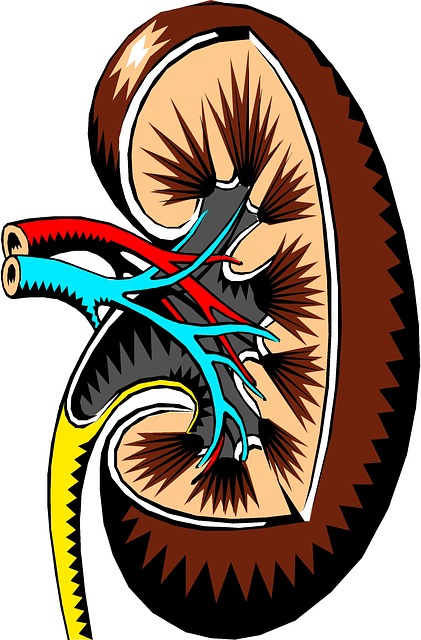Transplantation of kidneys from Hepatitis C-infected donors to uninfected recipients is safe and can be successfully implemented as a standard of care, according to an observational study by physicians at the University of Tennessee Health Science Center and the James D. Eason Transplant Institute at Methodist University Hospital.

The practice, which has been tested in two smaller clinical trials, could expand the number of kidneys available for transplantation and reduce wait times for donors, said Miklos Z. Molnar, MD, PhD, FEBTM, FERA, FASN, associate professor of Medicine at UTHSC, transplant nephrologist at the James D. Eason Transplant Institute, and director of the Transplant Nephrology Fellowship program at UTHSC. Dr. Molnar is the principal author of the study published by the American Journal of Transplantation.
Organ donation: A look at some bioethical issues with Sigrid Fry-Revere, JD, PhD
In current practice, Hepatitis C-infected kidneys are transplanted only to patients already infected with the disease, Dr. Molnar said. The number of these available kidneys exceeds the population of infected recipients. As a result, up to 1,000 or more Hepatitis C-infected kidneys are discarded annually.
“Our thought was using these kidneys, which are usually pretty good, other than the Hepatitis C,” he said.
Read more at University of Tennessee Health Science Center
Penis transplant performed successfully in Massachusetts, 1st in the nation

